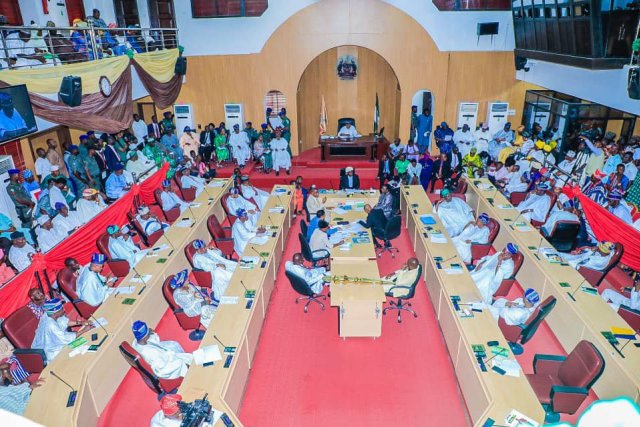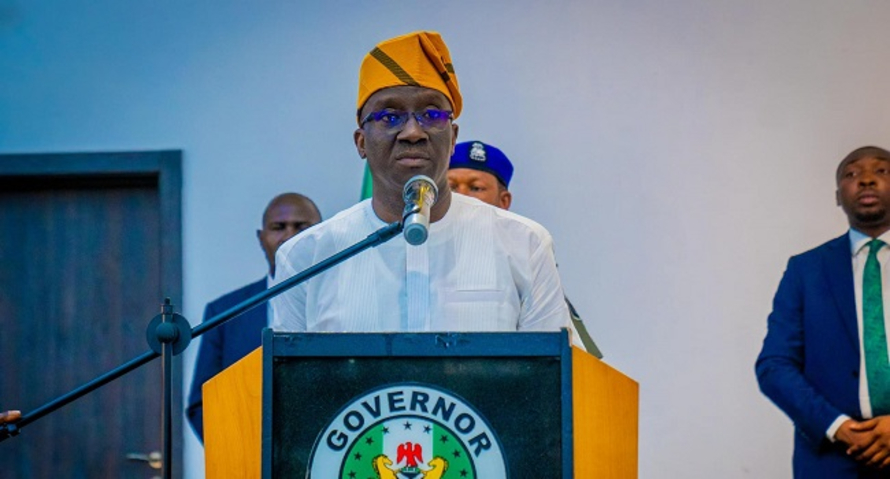The Peoples Democratic Party (PDP) has downplayed the recent resignation of former Nigerian Vice-President Atiku Abubakar, attributing his exit to a recurring trend rather than a definitive split. During a press briefing in Bauchi on Friday, acting PDP National Chairman Umar Damagum suggested the party remains unfazed, citing Atiku’s history of temporary departures and eventual returns.
“This is not the first time; we’re expecting him back,” Damagum told journalists, framing the development as part of a familiar political rhythm. He emphasized that the PDP leadership viewed the move as strategic, aligning with Atiku’s past maneuvers rather than signaling a permanent break. Reports linking the politician to a potential new platform, the Alliance for Democratic Congress (ADC), were also noted, though Damagum implied skepticism about its long-term impact.
Atiku, a six-time presidential candidate and pivotal figure in Nigerian politics, has oscillated between the PDP and other parties since the 1990s. His decision to leave the PDP this week follows months of speculation about his aspirations ahead of the 2027 elections. Analysts suggest such shifts are not uncommon in Nigeria’s fluid political landscape, where alliances frequently realign ahead of electoral cycles.
Damagum attributed the party’s measured response to institutional resilience, stating the PDP has weathered similar scenarios and remains confident in its stability. “We are neither shocked nor overly concerned,” he said, hinting that past experience has tempered reactions to Atiku’s moves. The chairman also acknowledged unverified claims that the former vice-president aims to consolidate opposition forces under the ADC banner, though he declined to comment on its implications.
The PDP, Nigeria’s main opposition party since 2015, has faced internal divisions in recent years, with high-profile defections shaping its electoral prospects. Atiku’s departure represents a symbolic blow, given his prominence in challenging the ruling All Progressives Congress (APC). However, Damagum’s remarks reflect a strategy to minimize perceptions of instability, framing the exodus as routine amid broader political realignments.
Observers note that Atiku’s career has been marked by strategic exits, including his brief defection to the Action Congress in 2006 and return to the PDP ahead of the 2019 elections. Whether his latest move signals a genuine rupture or tactical repositioning remains unclear, underscoring the dynamic—and often unpredictable—nature of Nigeria’s multiparty democracy.
The PDP’s subdued reaction suggests a focus on internal cohesion, even as speculation grows about Atiku’s future plans. With the ADC’s registration yet to be confirmed by electoral authorities, analysts caution against premature conclusions, noting Nigeria’s political trajectories often defy immediate predictions. For now, the party’s message remains steadfast: history, they assert, may yet repeat itself.



